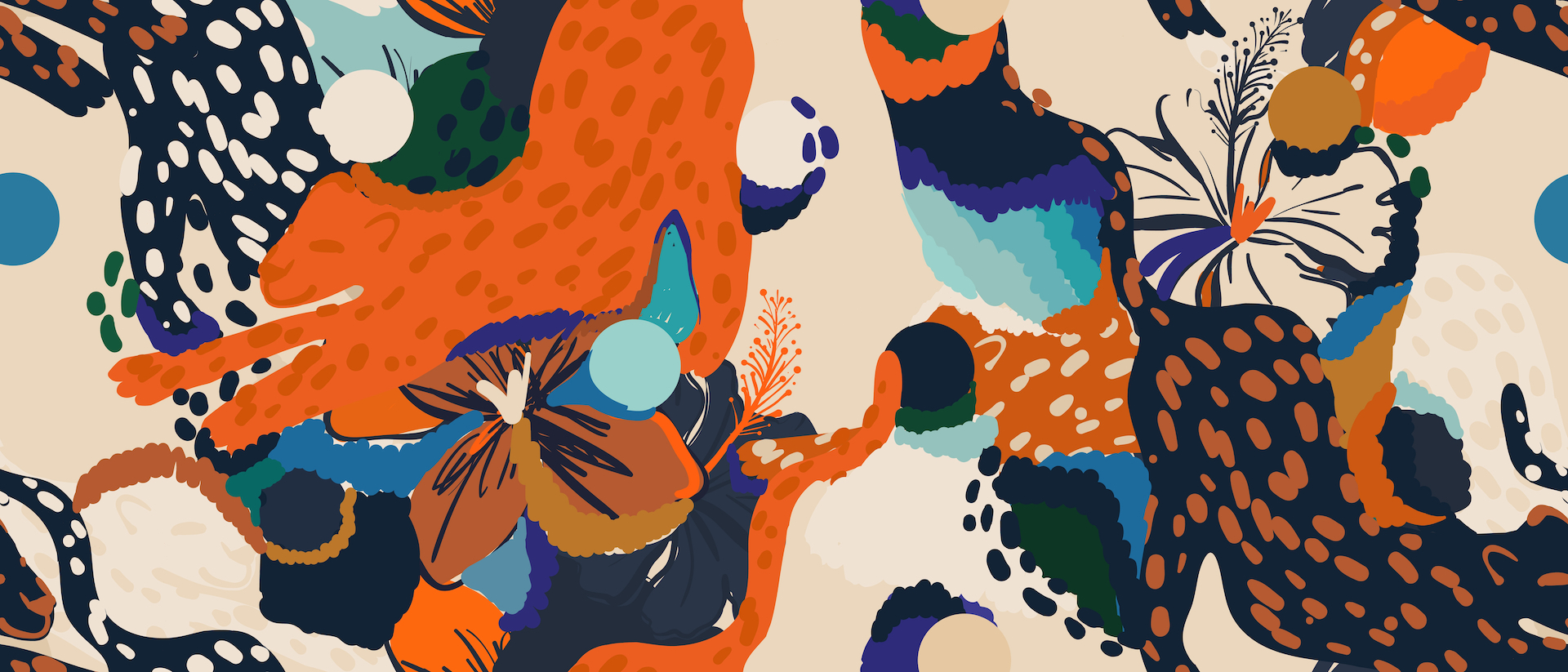Financing animal health
Ensuring the health of the world’s animals is a long-term investment that will help to secure global health – but global consensus has thus far has been lacking
The global community needs a fund dedicated to the adequate financing of pandemic prevention, preparedness and response, to preserve global health and sustain livelihoods. Over the past two decades, the costs of pandemics on society have ranged from billions of dollars – during outbreaks of Ebola, SARS and H1N1 – to trillions in the case of Covid-19. These financial considerations do not include the impacts of illness, death, loss of livelihoods or disruptions in education and other essential services.
Although governments and international health organisations agree on the need for a new financing mechanism, and have established the Financial Intermediary Fund for Pandemic Prevention, Preparedness and Response, more is needed to ensure that it can deliver its promise of reducing risk, building health systems and strengthening capacity to improve global health. In the last 40 years, all six pandemics have originated from the spillover of zoonotic diseases from animals. Preventing such spillover is the most effective and efficient strategy to mitigate pandemic risks and their impacts. Prevention and preparedness are the cornerstone of strengthening the resilience of health systems (animal, human and the environment) and managing health emergencies under the One Health approach. Prevention must therefore concentrate on supporting veterinary services, as they are frontline actors in curbing the emergence and spread of zoonotic diseases.
A neglected sector
Despite the value of the veterinary services’ contributions to pandemic prevention and preparedness, and to One Health efforts, the animal health sector remains neglected, often sidelined from multilateral discussions to strengthen the global health architecture and associated financing mechanisms. For the G20 Joint Finance and Health Taskforce, the World Health Organization and the World Bank estimated that the total financing needs for pandemic preparedness amount to $31.1 billion per year. Of this, $10.5 billion in international financing would be needed annually for the next five years to enable monitoring and detecting emerging disease events. This financing skews heavily towards early detection and rapid responses to spillover events and outbreaks, but does not consider the investment needed to support animal health professionals or their role in stopping spillovers before they occur.
Consequently, it also excludes financing to strengthen the core competencies of veterinary services, to ensure that they can adequately apply prevention skills on the ground. Capacity building, equipment and maintenance are equally important investments in diagnostic veterinary laboratories and surveillance activities. The World Bank estimates that $2.1 billion is needed annually for veterinary public health systems to prevent pandemics and contribute to disease surveillance. The World Organisation for Animal Health (founded as OIE) believes that every country plays a role in creating a safer and healthier world. It calls on its members to re-envision their preparedness and prevention mechanisms by investing in national One Health systems more equitably and increasing investments in the veterinary workforce, which helps keep the world safe from zoonotic diseases. Without investment in animal health, we cannot hope to address health challenges effectively at the animal-human-plant-environment interface.
Nevertheless, international support is vital. Some countries receive as much as 88% of their health security financing from non-domestic sources. Therefore, of the $2.1 billion needed, $1.1 billion must come from international resource partners. This is less than 10% of the annual financing proposed by the G20 High-Level Independent Panel and, from a broader perspective, represents only 0.05% of the cost of the Covid-19 pandemic in 2020 alone.
Not the only hurdle
Financing is not the only hurdle facing the animal health sector. The FIF needs to fully embrace the role of animal health in pandemic preparedness, prevention and response, and include WOAH as a member of its Technical Advisory Panel, as an implementing entity, and as a source for scientific and technical expertise on animal health and pandemic prevention and preparedness.
Without equal representation from all health sectors – animal, human and environmental – the global community ignores the basic principles of One Health and the Quadripartite One Health Joint Plan of Action. This global plan, which provides a framework of action for WOAH, the Food and Agriculture Organization, the World Health Organization and the United Nations Environment Programme to scale up One Health across the world, will help prevent future outbreaks of disease by supporting countries in setting targets and priorities. However, the FIF does not currently consider it a roadmap for action, missing the opportunity to synergise One Health goals already set by the international community.
WOAH is dedicated to advocating on behalf of its members, all national veterinary services and the animal health sector at large, to ensure that their needs are considered in this new endeavour to prevent, prepare and respond to pandemics. The costs and next steps in creating a more sustainable, healthier world are now evident and animal health professionals have a vital role to play in achieving it.












